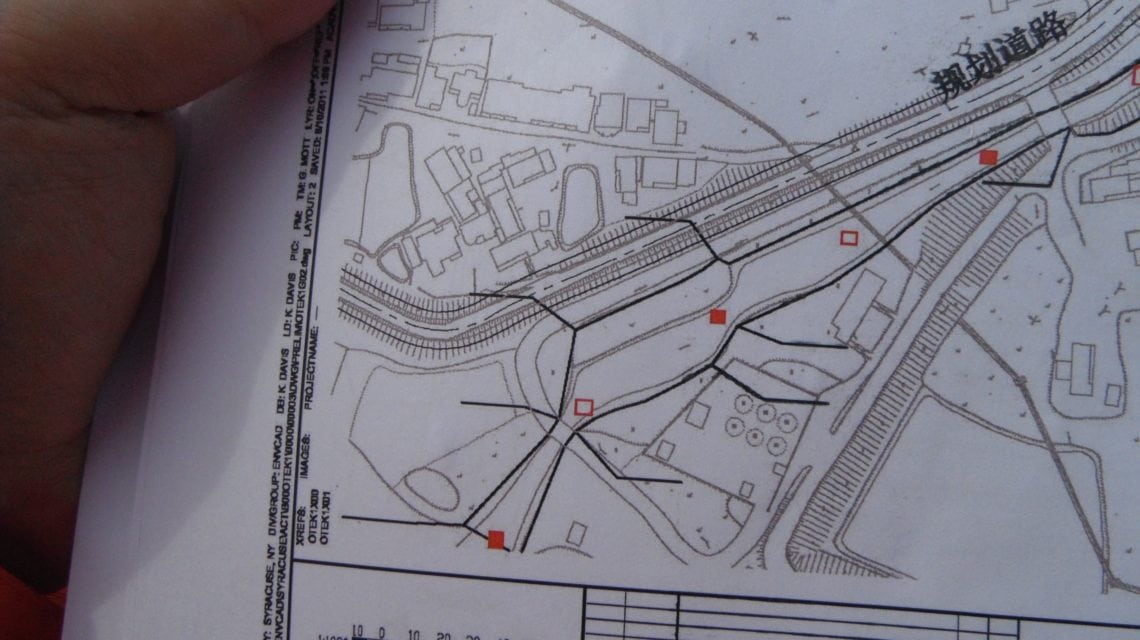The Role of a Quick, Complete Preliminary Site Investigation for your Property Development Application or Planning Permit & The 5 Reasons to Never Do Without It
As a land developer, you are making crucial decisions about the acquisition of new properties as a natural part of your ongoing business practices. When you make a property development application or planning permit application to Council, you will often need a preliminary site investigation. This is also simply part of the normal, due diligence that is required.
Environmental due diligence assesses a property to identify contamination.
Assessments are commonly completed for real estate financing, acquisitions, leases and sales transactions. The purpose is to assess if the property was contaminated through historical actions, if there is a current source of contamination or if any contamination is migrating from neighbouring properties. When contamination exists, the purchaser may be required to assume the liabilities associated with the clean-up.
With your Property Development or Planning Permit Application, you may be required to submit the results of a Preliminary Site Investigation. Even if it is not a requirement, it is highly recommended. Here’s why.
The 5 Reasons to Never Do Without A Complete Preliminary Site Investigation
Due diligence assessments are often valuable tools in sales negotiations, but a PSI can be crucial for minimising costs and wasted time during the property development process.
- Ultimately, as the property owner, it is your responsibility to clean up a contaminated site. It is possible that some of this responsibility may be shifted to the polluter, if they can be found, and if they have the financial resources to manage the clean-up (and you don’t mind long winded legal processes). A PSI at the time of your Property Development Application protects you from unknowingly accepting any environmental liability. If you choose to accept these liabilities, you can factor them into your development timelines and budgets.
- A Property Development or Planning Permit Application will require Council approvals. Some types of contamination can prevent the approval of a project for the planned land use. A material change in land use is the most critical issue when it comes to the potential for the application being rejected. Redeveloping industrial sites for residential purposes is an example where the PSI is vital in order to have the application approved. Another example is approval for sensitive uses such as Childcare centres, where a PSI and soil sampling are nearly always required.
- Redeveloping brownfield sites require validation reports and plans for clean-up and validation to even apply for Council approval. Determining the costs and estimated time frame for clean-up can avoid disastrous project delays and budget overages. A complete PSI provides the information required to make the decisions about the ultimate profitability of a project, even before committing to the purchase of the site.
- Many lenders want to verify that a property is unaffected by contamination. If the property is affected, they want to know the effect of the cost of clean-up on the purchase price, or on your ability to fund the clean-up.
- Asbestos inspections of soil can be a vital aspect of the assessment. Renovating or demolishing any building that is contaminated with asbestos increases the costs substantially.
If you are making a Property Development or Planning Permit Application…
Speak to us at [email protected] or try our online 2 minute PSI quotation portal: https://www.psireport.com.au/product/property-environmental-background-check/ if you prefer easy, quick no-nonsense project start and delivery.

